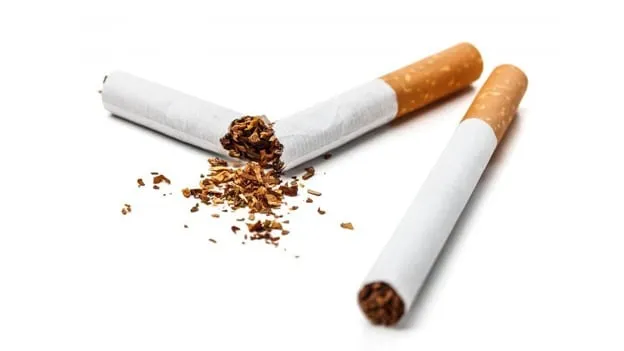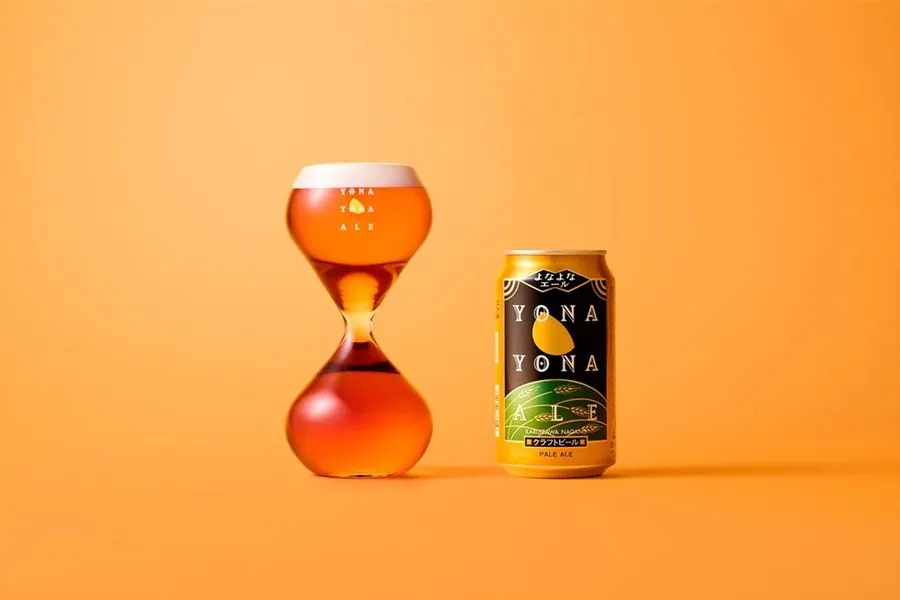Innovative solutions to foster a healthier environment are gaining momentum in an era where workplace productivity and employee well-being are becoming increasingly interconnected. Two recent initiatives, one by a Japanese firm and the other by a brewing company, highlight creative approaches to improving health and productivity.

Paid Leave for Non-Smokers
Piala Inc., a Japanese company, recently sparked debate by offering six extra days of paid leave to non-smokers. This policy emerged after non-smoking employees highlighted the time disparity created by smoke breaks. Located on the 29th floor, each smoking break was consuming approximately 15 minutes, leading to significant work time lost. In response, the company decided to incentivize non-smokers with additional leave.
Takao Asuka, CEO of Piala Inc., explained that the aim is to encourage employees to quit smoking through positive reinforcement rather than penalties. This progressive approach aligns with global health trends, emphasizing rewards over restrictions.
In contrast, smoking breaks in India, often termed ‘sutta’ breaks, are a common social activity, with even non-smokers joining in. However, such breaks can still contribute to lost productivity. Under the Factories Act 1948 and the Minimum Wages Act 1948, Indian workers are entitled to reasonable break times, but the challenge remains in balancing these breaks with overall productivity.
The “Slow Beer Glass” Initiative
On a different note, the Yona Yona Ale brewing company in Japan has introduced a unique “slow beer glass” designed to promote moderate drinking. This hourglass-shaped glass restricts the flow of beer, preventing quick consumption and encouraging a more mindful drinking pace. This innovation addresses both health and social concerns, particularly during hot weather when the temptation to drink rapidly is high.

The “slow beer glass,” or “yukkuri” in Japanese, exemplifies how design can influence behavior. By making it difficult to drink quickly, the glass helps individuals pace themselves, promoting moderation. Although not yet available for purchase, these glasses can be found in select bars and outlets in Tokyo, offering a novel experience for patrons.
The Broader Implications
Both initiatives underline a crucial shift towards proactive health measures. Piala Inc.’s policy not only addresses the inequity between smokers and non-smokers but also promotes a healthier lifestyle through incentives. This could potentially lead to a decrease in smoking rates, contributing to long-term health benefits for employees.
Similarly, the “slow beer glass” encourages responsible drinking, highlighting how thoughtful design can impact consumption habits. This initiative aligns with broader public health goals, emphasizing moderation and the benefits of slowing down in a fast-paced world.
Balancing Breaks and Productivity
Breaks, whether for smoking, tea, or simply stepping away from the desk, play a vital role in maintaining mental well-being and productivity. Research supports the notion that short breaks can enhance creativity and improve mood, as demonstrated by studies on tea breaks.
However, the key lies in balancing these breaks with work demands. Offering incentives for healthier behaviors, like Piala Inc.’s extra leave for non-smokers, can create a more equitable and productive work environment. At the same time, innovative solutions like the “slow beer glass” can promote moderation and well-being outside the workplace.
